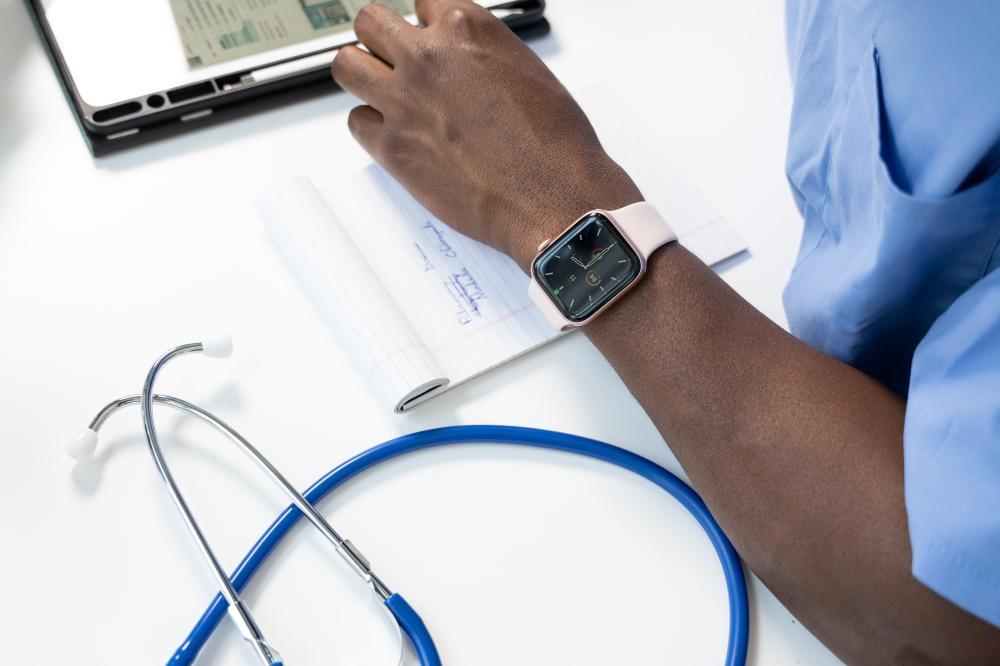Precision is not only necessary, but also lifesaving when it comes to translating medical devices. It is impossible to exaggerate how critically important it is in the complex world of healthcare to accurately translate important data about how to use, maintain, and safely use medical devices. But far from being a mere literal translation of words, such a crucial task constitutes a scientific art that demands in-depth knowledge and proficiency. In this article, we'll explore the reasons why medical device translators need to have a scientific or technical background and be familiar with the complexities of risk management, quality control, and regulatory compliance. Translations without this specific understanding can turn into a dangerous game of "lost in translation."
Why Are Medical Device Translations So Complex?
There are a number of important aspects that contribute to the complexity of medical device translations. First of all, since medical devices are themselves highly specialized and precise in nature, their supporting documentation will necessarily reflect this level of specialization and precision. Consequently, patients, doctors, or medical personnel who depend on the equipment may suffer severe effects from even the smallest error in the translation of an instruction or warning label.
Secondly, the technical jargon used in medical device translations is complex and calls for a thorough understanding of related medical and scientific topics. Without this foundation, translators could find it difficult to accurately translate the technical terms used in the manuals and instructions for medical devices.
Lastly, translations have to abide by certain legal requirements. In the United States, organizations like the Food and Drug Administration (FDA) strictly regulate these devices and have set standards for their usefulness and safety. Translations of medical device documentation must therefore adhere to these strict standards. If a translator is unfamiliar with these rules, their translations may not be accurate or compliant.
The Significance of Scientific or Technical Backgrounds
Given the intricate nature of medical device translations, it's imperative that translators possess a scientific or technical background. These qualifications help ensure a deeper understanding of the technical lexicon utilized in medical device documentation and facilitate greater familiarity with the labyrinth of regulatory demands.
Translators with scientific or technical backgrounds are better equipped to grasp the contextual intricacies of medical device translation. Such projects often involve elaborate instructions or procedures, and linguists lacking a medical or scientific foundation may at times miss the intended purpose and significance of these elements.
Regulatory Compliance in Medical Translations: Navigating the Maze
Translations of medical devices must adhere to the legal specifications of targeted countries or nations. These regulations cover labeling requirements, cautions, and usage guidelines. To guarantee that translations effortlessly adhere to compliance procedures, translators must be fully aware of these regulations.
Quality Control Processes: The Defenders of Accuracy
The protectors of accuracy in medical device translations are quality control measures. At Powerling, our careful rounds of review and proofreading are performed by seasoned reviewers, editors, and subject matter experts as part of our strict quality control standards. In order to maintain the final translation's unchanging clarity and consistency, these meticulous methods are essential for finding and fixing faults or inconsistencies.
The Risk of Liability and Its High Stakes
For patient safety, accuracy in medical equipment translations is essential. Users of the device could suffer serious harm as a result of errors or disparities in translations, which could put manufacturers in danger of legal trouble. As a result, accuracy and compliance with legal standards are crucial. Only translators who have the necessary training and a thorough understanding of the risks involved can consistently produce medical device translations that adhere to strict requirements.
Background and Training Requirements for Medical Device Translators
Medical device translations require highly specialized translators due to their technological complexity. A university degree in an area like engineering, biology, or medicine is ideal for a medical device translator because it provides a strong foundation in technical terms and concepts.
In addition to having the appropriate degree, appropriately qualified medical device translators should also maintain full awareness of regulatory requirements. This can involve taking more classes or receiving further training in subjects like FDA guidelines, CE marking requirements, and other relevant standards.
Medical device translators should also keep their practical knowledge of medical devices up to date by regularly familiarizing themselves with newly released user manuals, labels, and packaging related to medical devices.
Especially in the field of medical devices, a thorough understanding of risk management and quality assurance principles is essential. Translators need to be skilled at spotting possible problems and solving them. Such skills are essential for translations that accurately transmit meaning, guarantee accuracy, and comply with legal and regulatory standards.
Finally, it is essential for medical device translators to be fluent in both the source language and the target language involved, with native fluency in the latter. This guarantees highly accurate and culturally appropriate translations, which are particularly crucial for medical and scientific content.
In conclusion
Precision is essential in the translation of medical devices. Linguists working on such sophisticated content must possess the requisite ability, education, and expertise for successfully carrying out their task. Powerling is ready to help you with the translation of your scientific or medical content. Thanks to our trusted translation team with their years of combined industry expertise, we guarantee accurate, compliant, and patient-safety-focused translations that are delivered on time, under budget, and to the highest standards. Count on us for translations that prioritize patient care.

